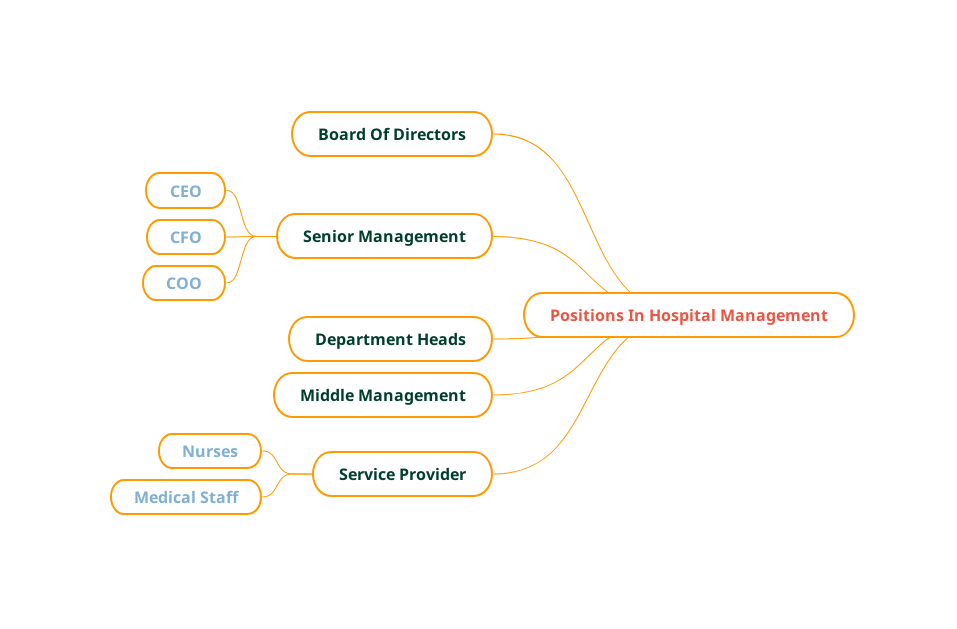Medical assistants play a crucial role in the healthcare industry, serving as the backbone of medical facilities and ensuring seamless patient care. With the increasing demand for quality healthcare, the job market for medical assistants has witnessed a surge in recent years, making it a lucrative career path for individuals seeking to make a meaningful impact in the healthcare realm.

Image: www.pinterest.co.uk
Among the various employment settings for medical assistants, hospitals stand out as the primary hub, offering a plethora of opportunities. Hospitals, being the epicenter of healthcare services, provide a diverse range of medical assisting positions that cater to different skills and interests within the field.
Exploring the Diverse Roles of Medical Assistants in Hospitals
The duties and responsibilities of medical assistants in hospitals encompass a wide spectrum of tasks, encompassing both clinical and administrative aspects of patient care. These versatile professionals assist physicians and other healthcare providers in delivering efficient and compassionate healthcare services. Let’s delve into the diverse roles they play:
- Patient Intake and Registration: Medical assistants greet patients, collect their information, and register them into the hospital system, ensuring accurate and prompt patient intake procedures.
- Medical History and Vital Signs Assessment: They play a vital role in obtaining patients’ medical histories and taking their vital signs, providing essential information for diagnosing and treating illnesses.
- Laboratory and Specimen Collection: Medical assistants assist in collecting blood samples, urine samples, and other specimens for laboratory analysis, contributing to accurate diagnoses.
- Medication Administration: Under the supervision of physicians, medical assistants administer medications to patients, ensuring proper dosage and patient safety.
- Preparation for Examinations and Procedures: They prepare patients for various examinations and procedures, such as X-rays, CT scans, and surgeries, ensuring patient comfort and cooperation.
- Patient Education: Medical assistants educate patients about their medical conditions, treatment plans, and medications, fostering patient understanding and adherence.
- Insurance and Billing: They assist with保险and billing processes, ensuring accurate and timely submission of claims for patient care.
Capitalizing on the Growing Demand for Medical Assistants in Hospitals
Given the essential nature of their role in hospitals, the demand for medical assistants is continuously growing. Hospitals across the country are actively seeking skilled and compassionate individuals to join their teams, offering competitive salaries and comprehensive benefits packages.
To capitalize on this growing demand, individuals seeking a rewarding healthcare career should consider pursuing a medical assisting program. Various educational institutions offer accredited programs that equip students with the necessary knowledge and skills to excel in this field. These programs typically cover a range of topics, including medical terminology, anatomy and physiology, clinical procedures, pharmacology, and administrative skills.

Image: www.mindomo.com
Most Medical Assisting Positions Are In Hospitals
Conclusion: Embracing a Fulfilling Career in Hospital Medical Assisting
Working as a medical assistant in a hospital setting presents an incredible opportunity to make a meaningful impact in the lives of patients and their families. By embracing the diverse roles and responsibilities inherent in this profession, medical assistants contribute to the smooth functioning of hospitals and the delivery of exceptional patient care.
With the growing demand for medical assistants in hospitals, aspiring individuals can find fulfilling and rewarding careers in this dynamic and rewarding healthcare field. Pursuing a medical assisting program and gaining the necessary skills and knowledge will empower you to thrive in this exciting and in-demand profession.
